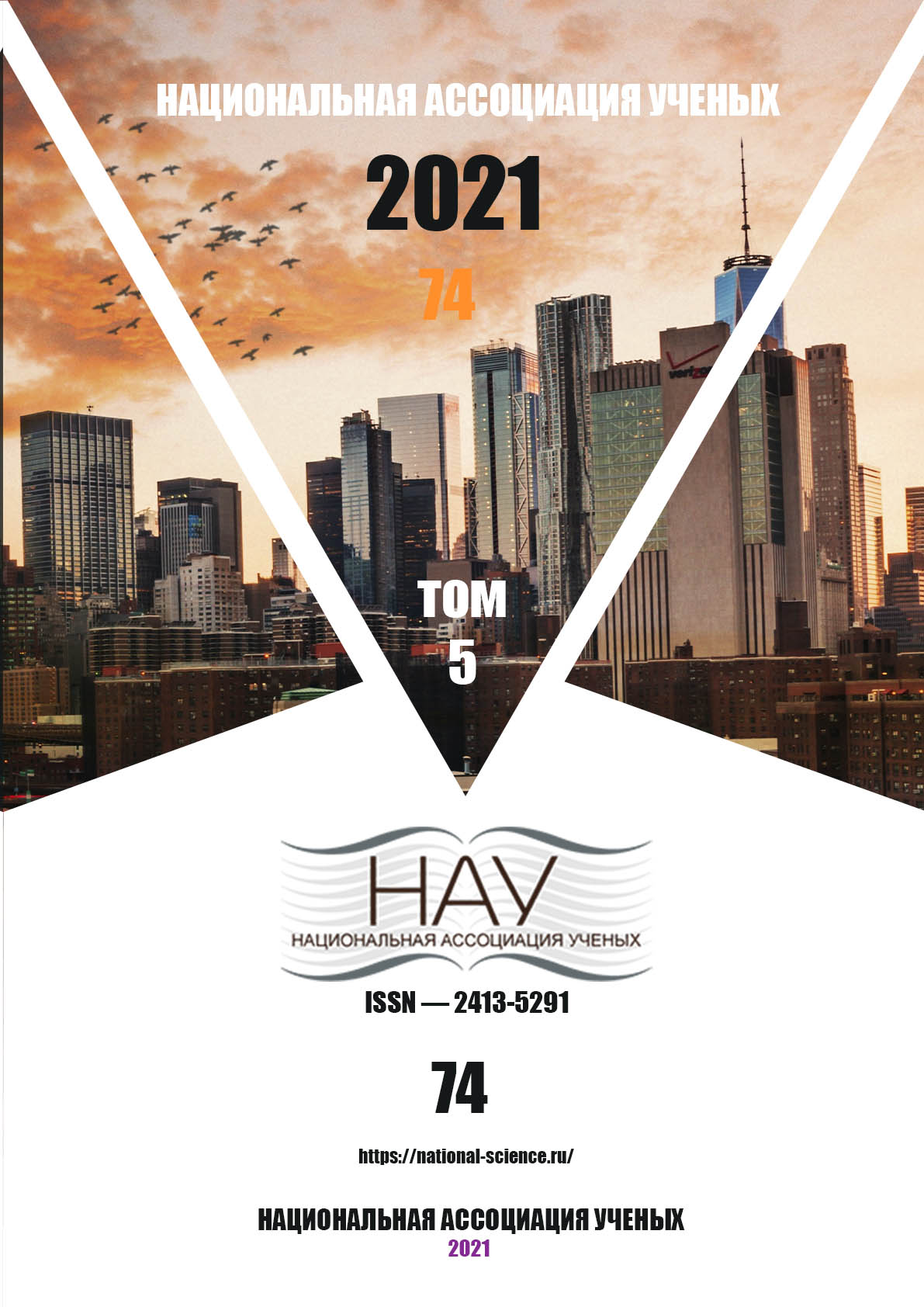ENSURING THE RIGHTS OF STUDENTS IN DISTANCE LEARNING
Keywords:
distance learning; education; students' rights.Abstract
This article is devoted to the analysis of the problems of ensuring the rights of students in the format of distance learning. During the study of the issue, the provisions of the current legislation were analyzed, obstacles to their actual implementation were identified, and some options for overcoming them were proposed. The authors have attempted to present their vision for the use of distance learning as a permanent alternative form of education.
References
"Konstitucija Rossijskoj Federacii" (prinjata vsenarodnym golosovaniem 12.12.1993 s izmenenijami, odobrennymi v hode obshherossijskogo golosovanija 01.07.2020)
Federal'nyj zakon ot 29.12.2012 N 273-FZ «Ob obrazovanii v Rossijskoj Federacii» (red. ot 02.07.2021) // Rossijskaja gazeta, N 303, 31.12.2012.
Federal'nyj zakon ot 27 ijulja 2006 g. 152FZ "O personal'nyh dannyh" (red. ot 02.07.2021)// Rossijskaja gazeta, N 4131, 29.07.2006.
Prikaz Ministerstva obrazovanija i nauki RF ot 23 avgusta 2017 g. N 816 "Ob utverzhdenii Porjadka primenenija organizacijami, osushhestvljajushhimi obrazovatel'nuju dejatel'nost', jelektronnogo obuchenija, distancionnyh obrazovatel'nyh tehnologij pri realizacii obrazovatel'nyh programm"
Informacija Federal'noj sluzhby po nadzoru v sfere obrazovanija i nauki ot 28 sentjabrja 2017 g. "O novom porjadke primenenija jelektronnogo obuchenija i distancionnyh obrazovatel'nyh tehnologij" [Jelektronnyj resurs] //Garant.ru - Informacionno-pravovoj portal URL: https://www.garant.ru/products/ipo/prime/doc/71689526/ (data obrashhenija 15.12.21)
A.A. Artjuhov. Nekotorye aspekty teorii i praktiki organizacii «distancionnogo obuchenija» pri izuchenii geografii v osnovnoj shkole// Mezhdunarodnyj nauchno-issledovatel'skij zhurnal. — 2021. — T. Vypusk 5. — S. 51. — ISSN 2303-9868. — doi:10.23670/IRJ.2021.107.5.111.
Downloads
Published
Issue
Section
License

This work is licensed under a Creative Commons Attribution-NoDerivatives 4.0 International License.
CC BY-ND
A work licensed in this way allows the following:
1. The freedom to use and perform the work: The licensee must be allowed to make any use, private or public, of the work.
2. The freedom to study the work and apply the information: The licensee must be allowed to examine the work and to use the knowledge gained from the work in any way. The license may not, for example, restrict "reverse engineering."
2. The freedom to redistribute copies: Copies may be sold, swapped or given away for free, in the same form as the original.





